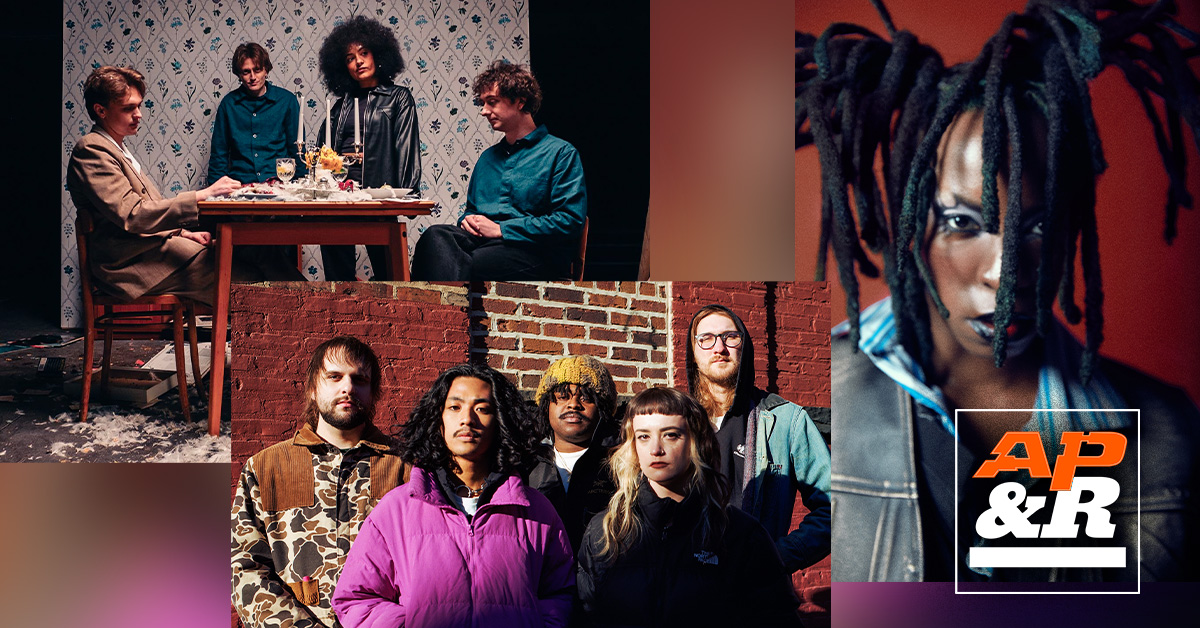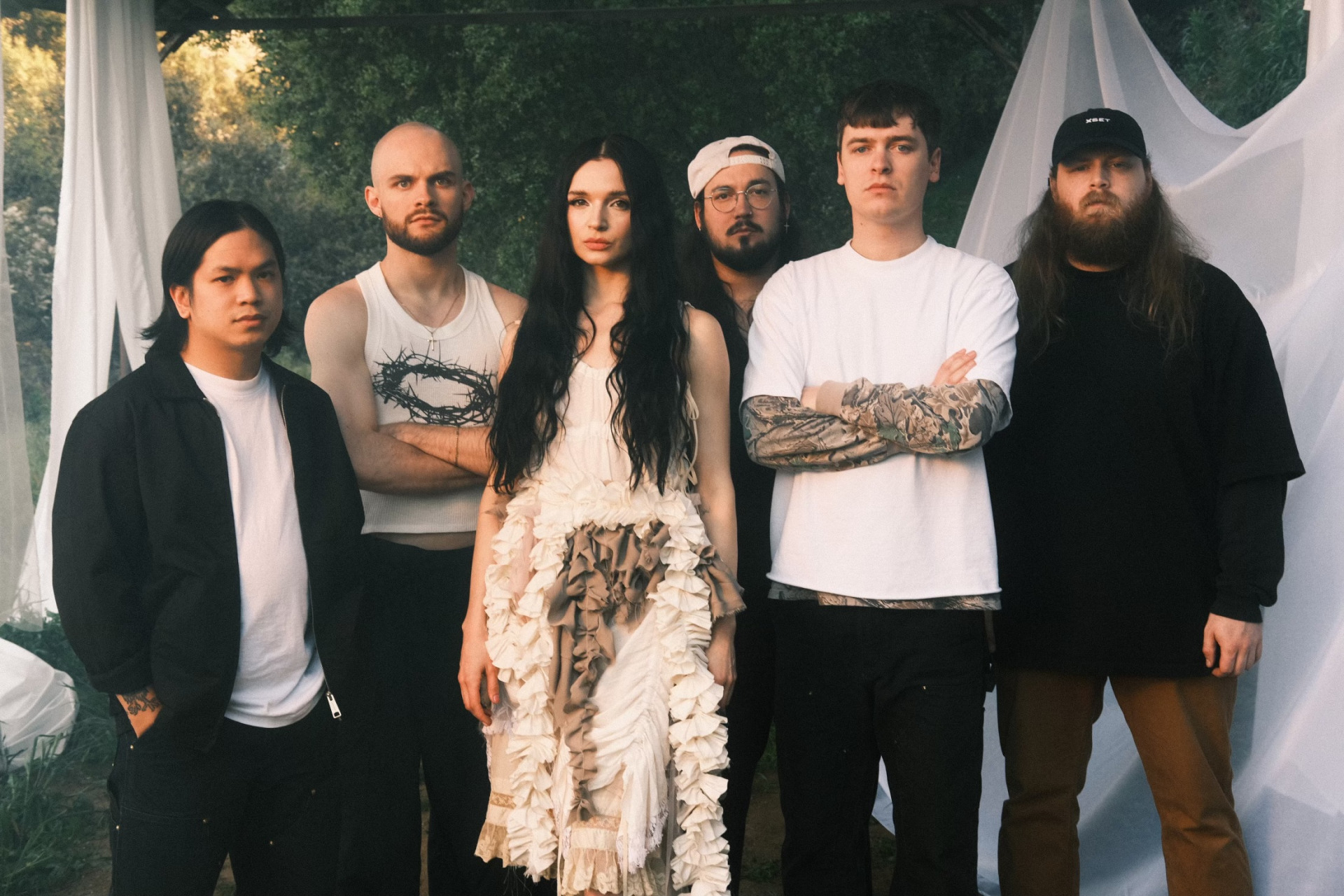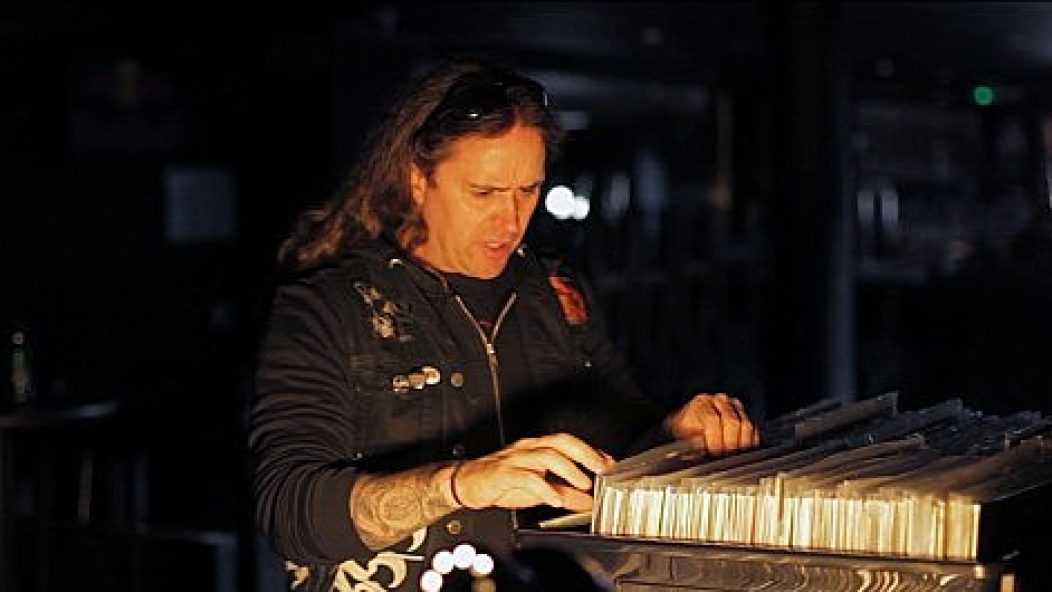
To Find The Emerald: Uncovering Metal in Ireland
…
Primordial, Cruachan, Darkest Era, Abaddon Incarnate, Mourning Beloveth, ZOM…some key contributors to the international metal scene hail from Ireland, but it can be tough to name more than a handful. There are plenty of underground acts to discover through some dedicated zine-ing and trading, of course. But for a place that’s had such a global impact in other genres, Ireland isn’t exactly a hotbed for metal and celebrating its bands.
The fact is, metal is a hugely under-covered genre in Ireland, a phenomenon filmmaker John Mulvaney wanted to shed some light on with his documentary series, Fractured, which focuses on underground music in general in Ireland, how the more extreme genres are purposefully ignored by the mainstream media. Mulvaney wanted to call attention to the talented and hard-working people of these different scenes, one of them being metal.
…
…
“I saw that many of the bands I wanted to work with were breaking up… and it struck me as kind of sad that so many great Irish bands would slip through the cracks into an undocumented past,” Mulvaney explains. “Ireland has a terrible reputation for writing about the underground scene, so there seemed there would be little left for future generations to explore beyond a handful of online interviews or album reviews.”
He doesn’t have much reason to believe things will improve, either. “I can’t see anything drastic changing with the levels of exposure [bands] will get from the Irish media,” Mulvaney says. “There are some fairly big factors in Ireland keeping the music from reaching a greater audience, and a lot of boils down to our fairly conservative media. Underground music and metal in general simply do not get written about in print, radio play or TV exposure… Even looking at the indie rock scene, most of these bands struggle to get airtime, despite making commercial music, but unlike other countries, Ireland doesn’t have broadcasting regulations in place to support these bands, meaning they get passed over for acts from the UK and the States instead.”
For Irish metal bands, it comes down to playing to the small but fiercely dedicated audience at home for the love of the music, and playing on the road for a chance at true exposure and potential fame. But it’s not easy. “Trying to break out of your own country can be tough; being on an island can be cost-prohibitive for bands to tour, etc.,” Mulvaney says. “There’s no easy answer to solving this, but it must be very disheartening for bands to struggle to get any recognition despite working so hard, just for the simple fact that the media will ignore everything they do in this country.”
…
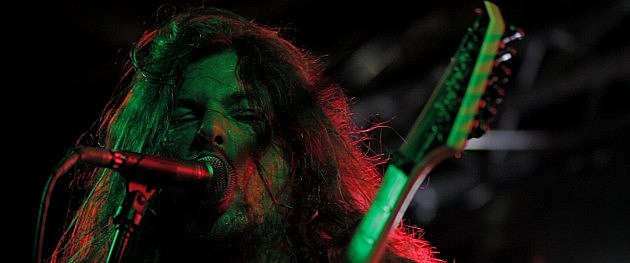
…
With the little optimism he has for Ireland’s conservative media opening up and the dedication a band therefore has to have in mind, Mulvaney chose to highlight the people making Ireland’s metal scene tick, with one part of his film series concentrating on Darragh O’Leary of Invictus Productions. O’Leary started Invictus in 1999, making it Ireland’s longest running metal label.
When asked why metal doesn’t have any sort of substantial audience in Ireland today, both Mulvaney and O’Leary point to the country’s culture, and the media’s decisions to only focus on certain genres as a result. O’Leary remembers a presence of metalheads in the rural town in county Cork he grew up in, and tons more in the city of Cork, itself. There were stores and venues dedicated entirely to metal. But when trends shifted, so did that metal audience. “By the time I hit 18 in ‘94, I would say 90% of those into metal across the country had jumped into the rave scene due to the prevalence of ecstasy,” O’Leary says.
On top of changes in what was cool and what music was playing at the parties people wanted to be at, there’s also that intrinsic core of conservatism woven into Irish society. Eventually, many people are bound to outgrow anything seen as against the grain.
“People who were into metal generally followed the mainstream bands that were in all the magazines, and then, due to the weight of social expectation, by the time people hit 21-25, they’re in a relationship, settling down and starting a family, so they’re ‘all grown up,’” O’Leary explains. “This is the crux of the conservative nature in Irish society and I have seen it repeatedly since I was in my teens.”
“The one thing that is apparent to me, though a lot of my friends may disagree, is that Irish people are loath to stick their heads out too much and be flamboyant or ‘arty,’” O’Leary continues. “There’s no way a band like Master’s Hammer, Necromantia or Beherit could have come from here. When Primordial started out, they got a fuckload of shit from people because of the makeup, etc…We are, at the root of it, a deeply conservative people and I think that creatively some people are breaking that mold. Slowly, but it’s happening…my advice, if anyone’s remotely interested, is for bands to stop being so fucking generic, obvious and limited in their understanding of what it is they’re trying to do. Push the envelope some more and by that I mean you don’t need to turn your demo into a concept album nor turn your live show into ‘Swan Lake.’ Just use your imagination!”
…
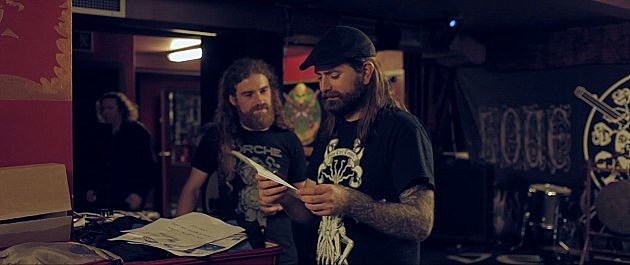
…
Mulvaney adds that this mindset also manifests itself in the Irish not always recognizing their own country’s talent, instead looking to bands from overseas. “There’ll be interviews and articles on bands such as Iron Maiden or Slayer in some of our newspapers, but never on bands from this country, which sort of reflects a huge problem with Ireland in general when it comes to music and the arts – we are quick to support bands or artists from other countries, but never do the same with ones from our own scene.”
However, those bands touring from other countries do at least help keep the metal scene in Ireland relevant. O’Leary points out that many more international bands are coming to play in Ireland than ever before. “These days we are a lot better educated, traveled and experienced, and we have greater ease of access both to the wider world and as a destination for touring bands.” That might be due to the fact that while the conservative nature of Irish culture might keep metal sequestered on a large, public scale, social media makes music more accessible for fans seeking it out–from anywhere in the world–on their own. “It’s easier now, obviously due to the likes of Facebook and Bandcamp, etc., but even then, you can go down a near endless wormhole of bands both past and present,” Mulvaney says.
Beyond what a metalhead can listen to in the confines of his or her own bedroom with a smartphone, Mulvaney and O’Leary point to Dublin as a hotbed of eclectic venues and audiences, a place where a genre like metal can stay strong and homegrown bands can thrive. Outside Dublin, Mulvaney mentions the biannual Siege of Limerick festival, as well as a buzzworthy metal scene in Northern Ireland. And, of course, there are people like O’Leary who start metal labels and tirelessly promote these bands (Invictus reps the likes of Malthusian and ZOM and O’Leary recommends Firetop Mountain and Dread Sovereign), whether it’s the popular thing to do or not.
O’Leary has a few words for bands starting out, both on how they could be making it bigger but maybe more importantly, that that shouldn’t be their first and foremost goal.
“If you start a band, label or whatever and expect to be recognized because you do it, you’re doing it for entirely the wrong reasons. By all means carry on and do it but don’t expect me to give you the time of day because the motivation to do these things should not come from an egotistical place from a place of creativity and passion.”
Despite Ireland’s media refusing to pay attention to it, the metal community is far from weak, thanks to talented bands and devoted fans. To get to know the Irish scene, take a listen to some of the acts featured in Fractured alongside their documentary pieces, and follow the documentary series on Facebook.
…
Malthusian
Doom/death
Abaddon Incarnate
Grindcore
…
…
Brian Coniffe
Ambient electronic
…
From the Bogs of Aughiska
Ambient/Black Metal/Drone
…
…
Ilenkus
Post-hardcore
…
…







